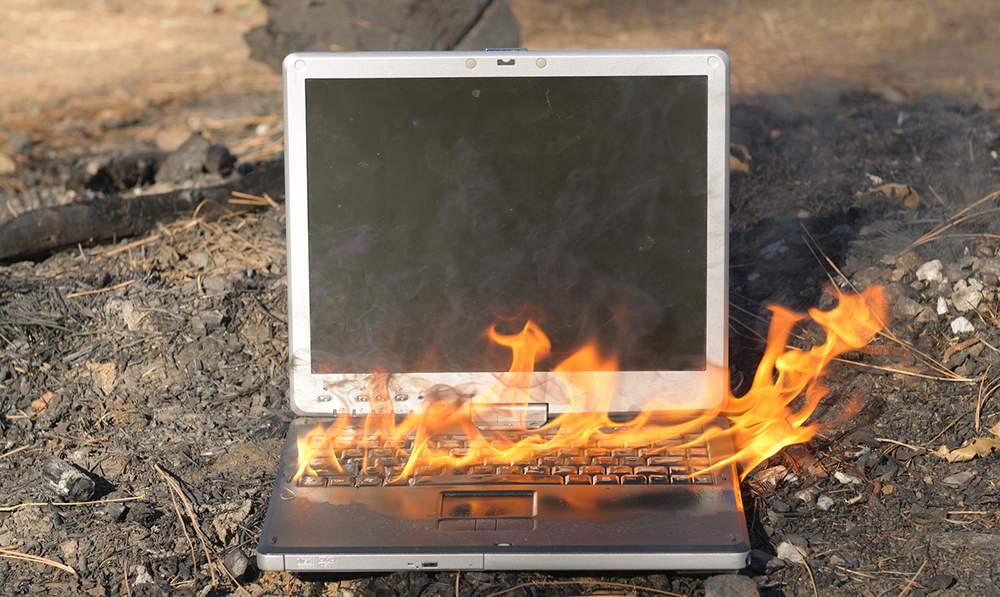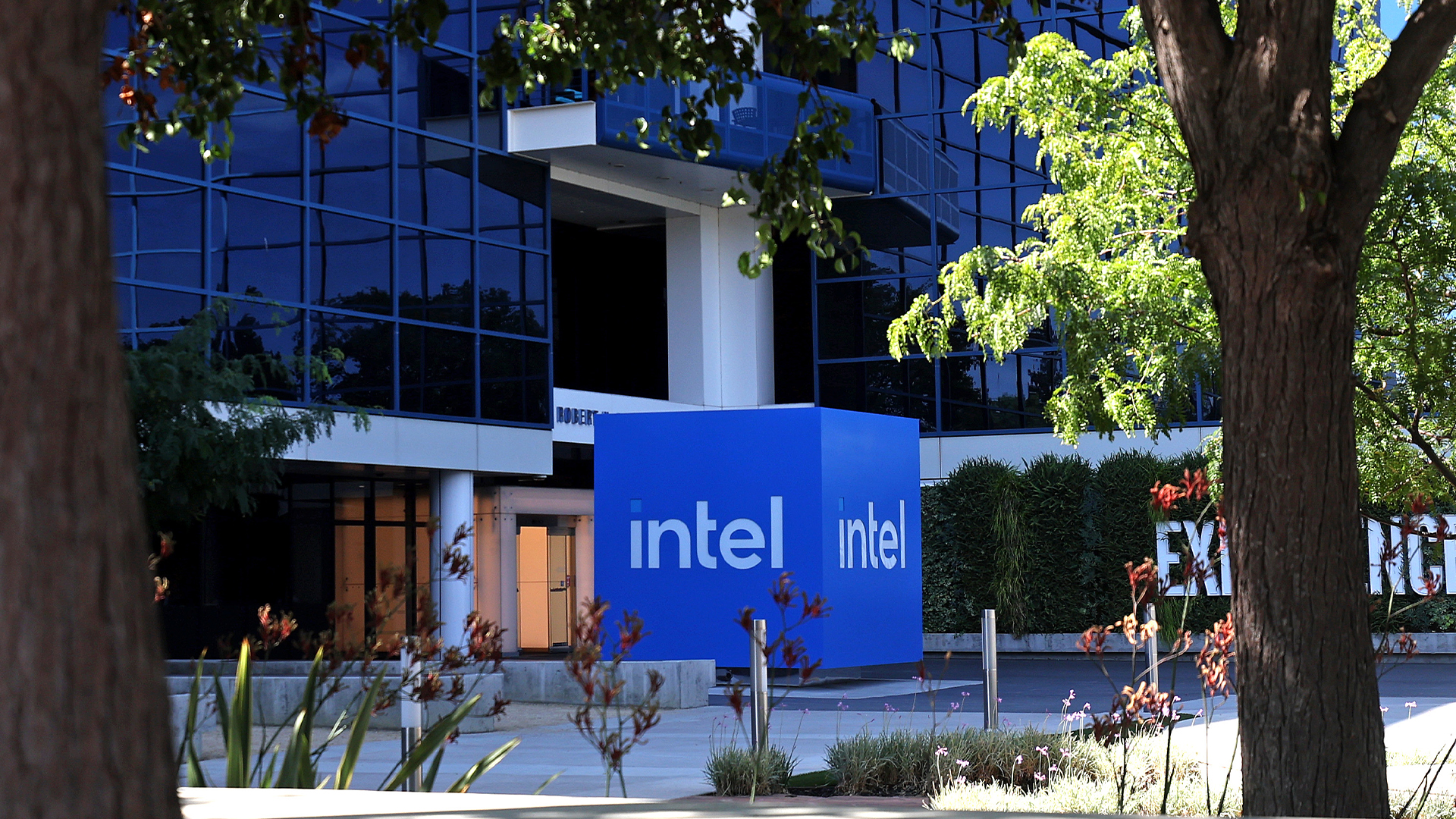UK businesses risk losing employees due to poor tech, study shows
Report commissioned by Dell and Intel showcases changing attitudes to workplace technology


Sign up today and you will receive a free copy of our Future Focus 2025 report - the leading guidance on AI, cybersecurity and other IT challenges as per 700+ senior executives
You are now subscribed
Your newsletter sign-up was successful
UK businesses need to keep up-to-date with technology or risk losing out on talent, according to a new study.
The Future Workforce Study, conducted by PSB on behalf of Dell and Intel, surveyed almost 4,000 employees from a range of businesses across the globe.
The research showed that one in five UK workers would quit their jobs if the technology it provided was substandard. According to the survey, 25% of UK respondents said that their current workplace technology was not up to scratch.
"The reality is that technology is really, really important; seven in ten millenials would consider the technology before they would take a role," Dell's UK HR director Dan Grant told IT Pro. "Employees expectations are changing, and employers need to keep pace with those changing expectations."
Along with this, he said, employers need to stop worrying about shadow IT and trust their team. "I definitely see people using WhatsApp, Snapchat, whatever it might be, [and] bringing it into their teams," he said. "It's not a corporate tool, it's not something we've invested in... but on the one hand, I kind of encourage that."
"If the result is that people are coming together, they're collaborating, they're generating good ideas, then should that be discouraged? Personally, I would say no." However, he also admitted that there needs to be a balance between the use of shadow IT and company-approved tools.
The report also touched on how an increasing awareness of technology within the workforce has been an enabler of remote working. More and more companies are instituting flexible working policies, where mobile and cloud technologies are allowing employees to work from home - or indeed wherever they happen to be.
Sign up today and you will receive a free copy of our Future Focus 2025 report - the leading guidance on AI, cybersecurity and other IT challenges as per 700+ senior executives
Roughly 50% of Dell's employees work remotely, for example, using tools such as Skype and OneDrive to collaborate with their colleagues in the office. According to the study, almost 90% of remote workers are happy with their job, with more than 60% reporting that they get adequate technological support to facilitate this.
However, the same survey revealed that two-thirds of the UK workforce prefers face-to-face conversations with co-workers, and a whopping 84% stated that in-person interactions are "necessary to foster a productive and professional work environment".
According to Dell, this is because working remotely causes employees' priorities to shift. While people might originally value the so-called 'water-cooler moments' of office interactions, once they start working from home, they start to appreciate other elements more.
"They love the fact that they haven't got the commute, they love the fact that that's time back to them," Grant explained. "They've got the cost back, it's carbon-neutral, it's green, so people like the fact that there's an awful lot of benefits to working remotely."
IDC senior research analyst Malini Paul also noted that you don't necessarily need to be in the same room to achieve that kind of collaboration. "Whether in be in person or face-to-face over Skype, the primary idea is bringing everyone together, and technology is serving that purpose," she said, "so why not adopt that technology?"
Adam Shepherd has been a technology journalist since 2015, covering everything from cloud storage and security, to smartphones and servers. Over the course of his career, he’s seen the spread of 5G, the growing ubiquity of wireless devices, and the start of the connected revolution. He’s also been to more trade shows and technology conferences than he cares to count.
Adam is an avid follower of the latest hardware innovations, and he is never happier than when tinkering with complex network configurations, or exploring a new Linux distro. He was also previously a co-host on the ITPro Podcast, where he was often found ranting about his love of strange gadgets, his disdain for Windows Mobile, and everything in between.
You can find Adam tweeting about enterprise technology (or more often bad jokes) @AdamShepherUK.
-
 Building AI readiness through clear workflows
Building AI readiness through clear workflowsWithout clear systems and shared context, even the smartest AI can’t unlock value. People remain central to making automation effective
-
 Pure Storage snaps up 1touch in data management pivot
Pure Storage snaps up 1touch in data management pivotNews The all-flash storage company is turning its focus to data management with a new acquisition and new name
-
 Dell Technologies eyes fresh market opportunities with 2026 partner program
Dell Technologies eyes fresh market opportunities with 2026 partner programNews The tech giant has updated its channel program with new incentives and initiatives to drive partner growth
-
 Computacenter enters the fray against Broadcom in Tesco's VMware lawsuit
Computacenter enters the fray against Broadcom in Tesco's VMware lawsuitNews The IT reseller has added its own claim against Broadcom in VMware case brought by Tesco
-
 Intel to axe 24,000 roles, cancel factory plans in sweeping cost-cutting move
Intel to axe 24,000 roles, cancel factory plans in sweeping cost-cutting moveNews Despite better than expected revenue in its Q2 results, the chip giant is targeting a leaner operation
-
 Intel makes high-level hires while factory workers are warned of layoffs
Intel makes high-level hires while factory workers are warned of layoffsNews The company is appointing four senior executives as part of efforts to refocus on engineering and customer relationships
-
 Who is John Roese?
Who is John Roese?Dell's CTO and Chief AI Officer John Roese brings pragmatism to AI
-
 Intel layoffs confirmed as CEO eyes 'sustainable growth'
Intel layoffs confirmed as CEO eyes 'sustainable growth'Intel’s new CEO Lip-Bu Tan has confirmed the company will be cutting its headcount in response to sluggish revenue.
-
 Everything you need to know about Lip-Bu Tan, Intel’s new CEO
Everything you need to know about Lip-Bu Tan, Intel’s new CEONews Intel has announced its next CEO in the wake of Pat Gelsinger's retirement, naming former board member Lip-Bu Tan as its new leader months after he quit.
-
 'Digital hide-and-seek': Workers are wasting hundreds of hours a year sourcing the information they need to carry out their role
'Digital hide-and-seek': Workers are wasting hundreds of hours a year sourcing the information they need to carry out their roleNews Knowledge workers globally are wasting a quarter of their working week tracking down information, new research from Atlassian has revealed.
